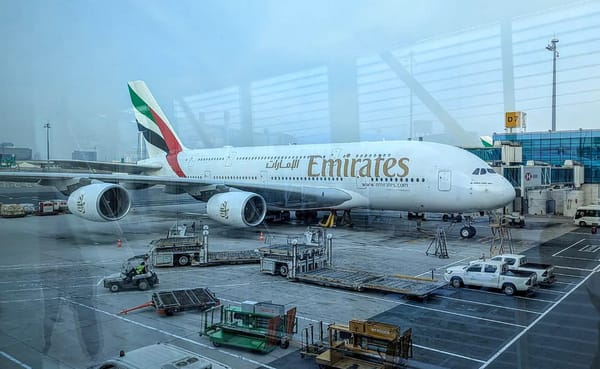Market has put ship owners into 'black hole'
Sharper slow- down in Chinese economic growth than expected, a sudden rebound in oil prices, low commodity prices and inability to renew existing charters at profitable rate due to a protracted industry downturn, aggressive debt-funded ordering and last but not least eroding liquidity.
| |
| Representational image |
Sharper slow- down in Chinese economic growth than expected, a sudden rebound in oil prices, low commodity prices and inability to renew existing charters at profitable rate due to a protracted industry downturn, aggressive debt-funded ordering and last but not least eroding liquidity.
Baltic Dry Index (BDI) which measures cost of moving cargos other than oil commodities, has fallen 80 percent since, and it is all time low
 |
| Screen Grab :10 years Baltic Dry Index |
Flow of layups in Greek and Malaysian waters, around 150 vessels are now laid up or idling in waters. Charter rates are so low, that it doesn't cover the running cost of the vessel. Owners have no choice but to lay up the vessels in coming days or in near future.
Singapore listed company Mercator Limited (Mercator) exited its Singapore-based bulk shipping subsidiary, Mercator Lines (Singapore) Limited (Mercator Lines), early this year. At the end of December, Ship & Bunker reported that Mercator Lines had announced that it had been forced to sell three mortgaged bulkers, Kesari Prem, Gauri Prem, and Sri Prem Aparna, in order to settle the company's outstanding debt.
Major Japanese player in dry bulk sector- Daiichi Chuo Kisen entered bankruptcy proceedings last year . and have already been downsized with a fleet of 240 ships to 110 now.
Understand from sources, a New York listed shipping company is in the advanced stages of preparing a charter 11 bankruptcy filing.
From various sources, could understand that many shipping companies are moving out their operation base to low cost destination to survive in the tumbling market. McDermott and Subsea-7 moved their Singapore offices to Kuala Lumpur recently.
There are many incidents of offshore clients cancelling their orders of the FPSOs (Floating Production Storage and Offloading vessels). In one such case, regional leading FPSO owner Bumi Armada Berhad takes legal action against Woodside for notice of contract termination.
The number of demolishing old tonnage (ships) has be increased to balance the supply vs demand. Lifting the ban on Iran and India’s thrive for development, there will be some positive moments expected in Q2 of 2017.
In nutshell we may see many existing shipping operators getting out of market. Those who can sustain will have to reduce their operating cost and increase efficiency in operations.
Shipping industry has always been cyclical over the years tiding thru ups and downs. Like the earlier cycles, let’s hope the shipping industry will come out winners from the black hole.





